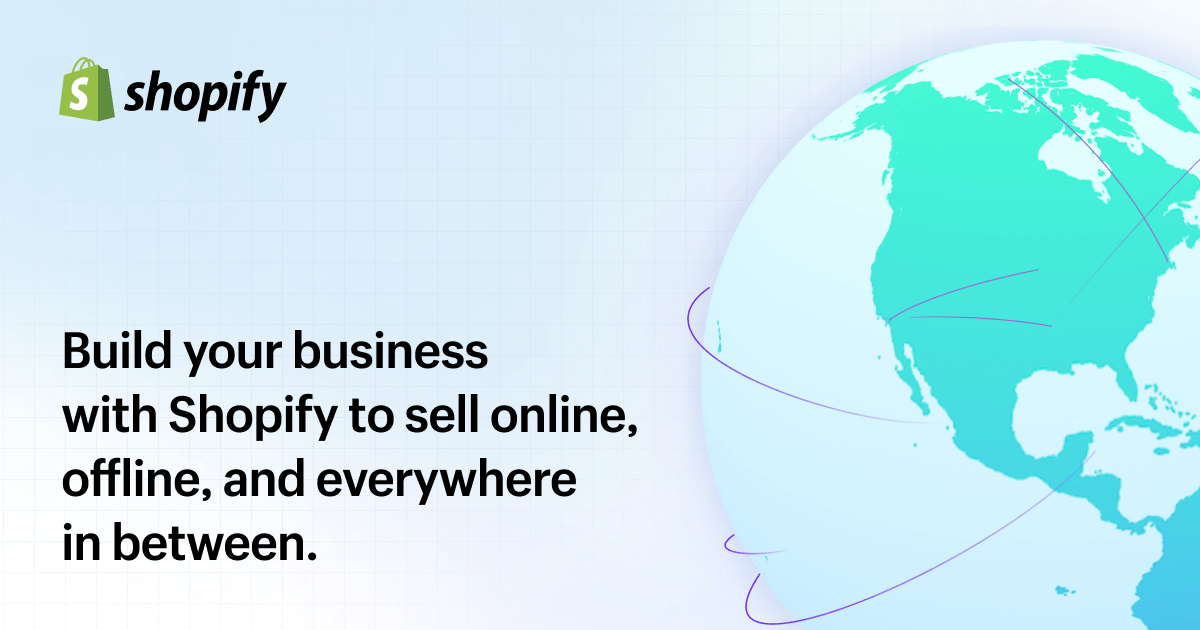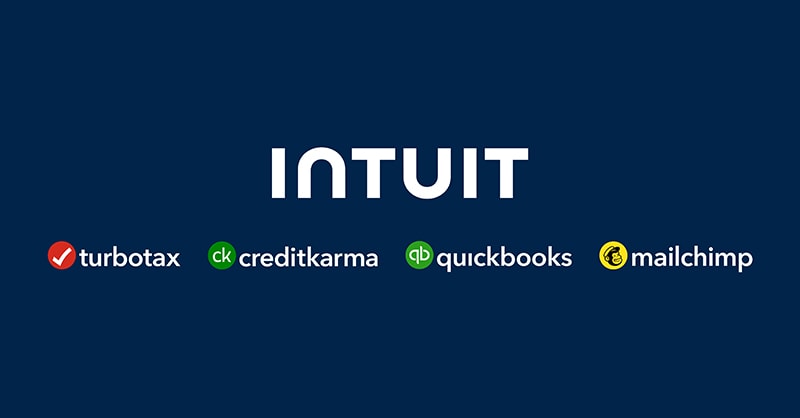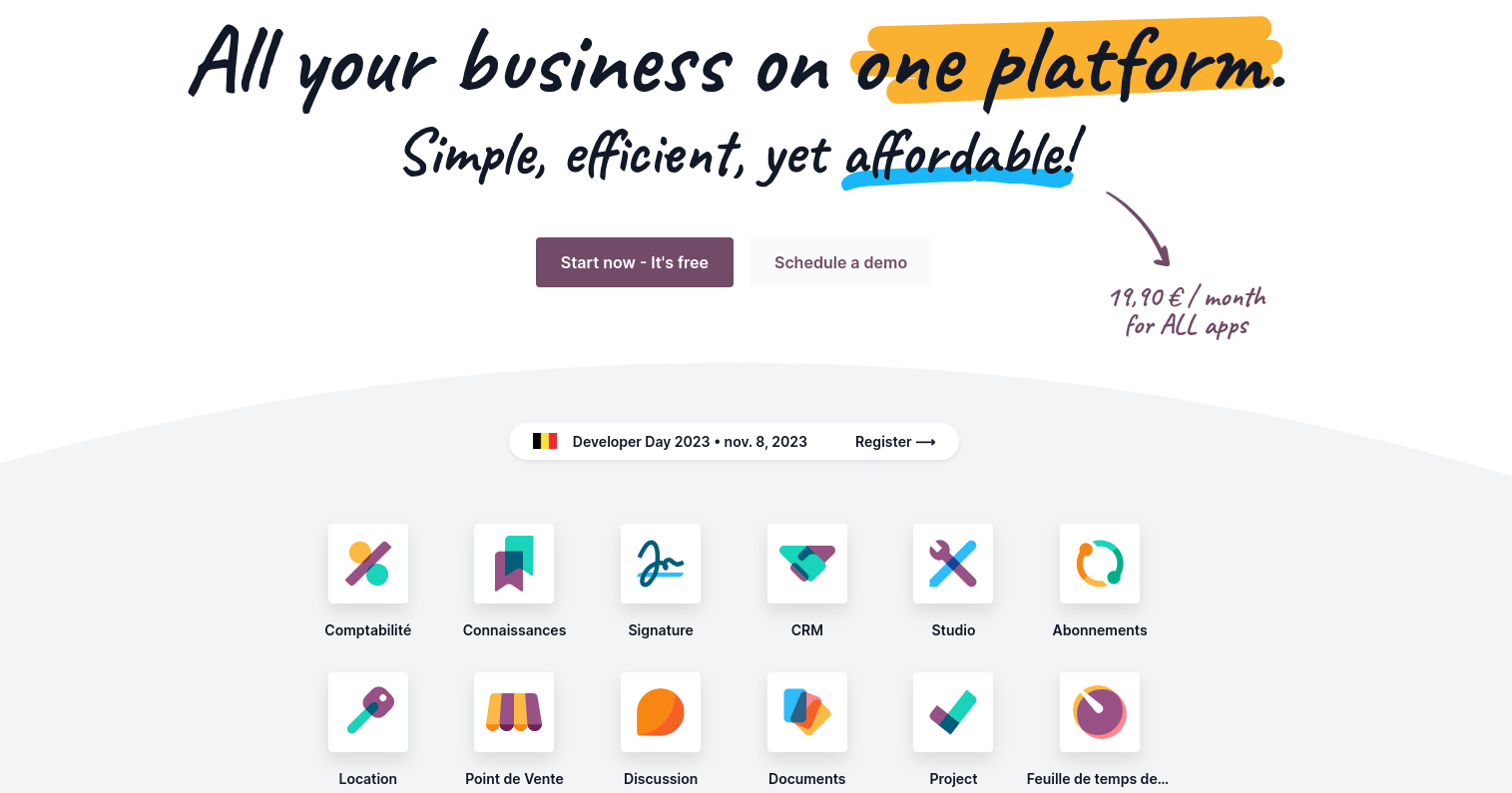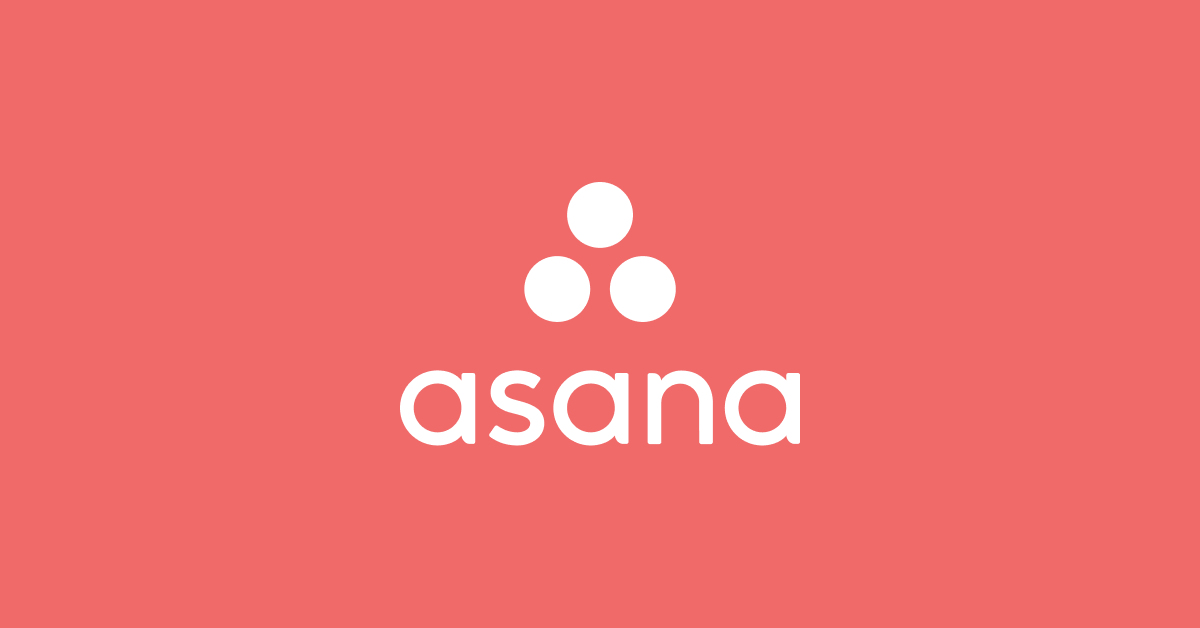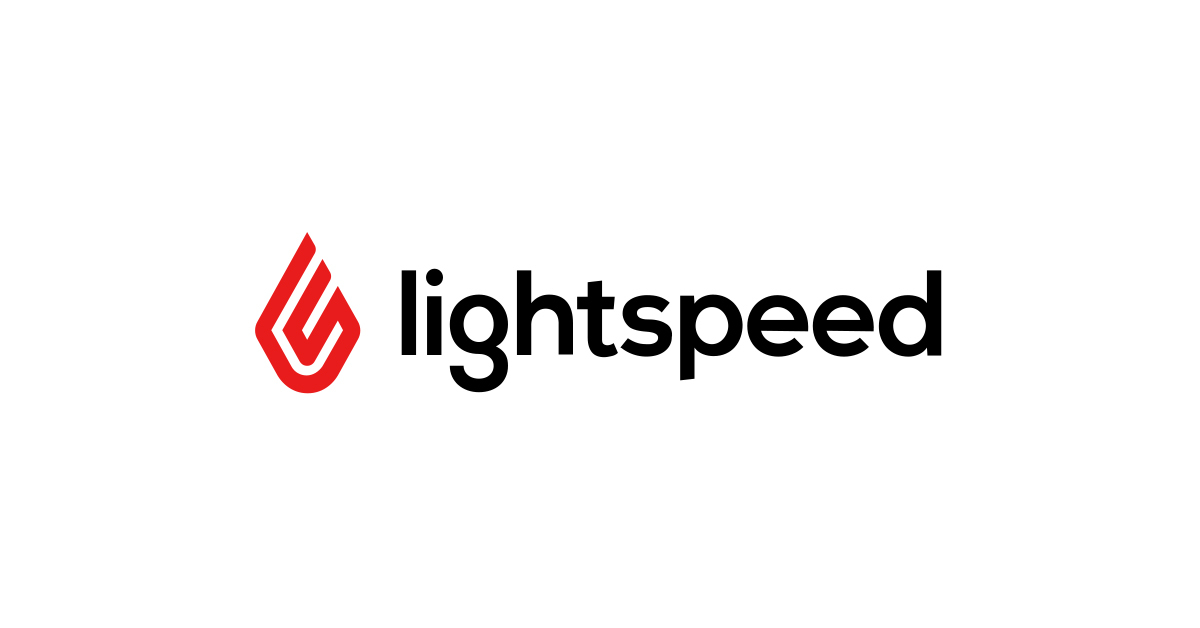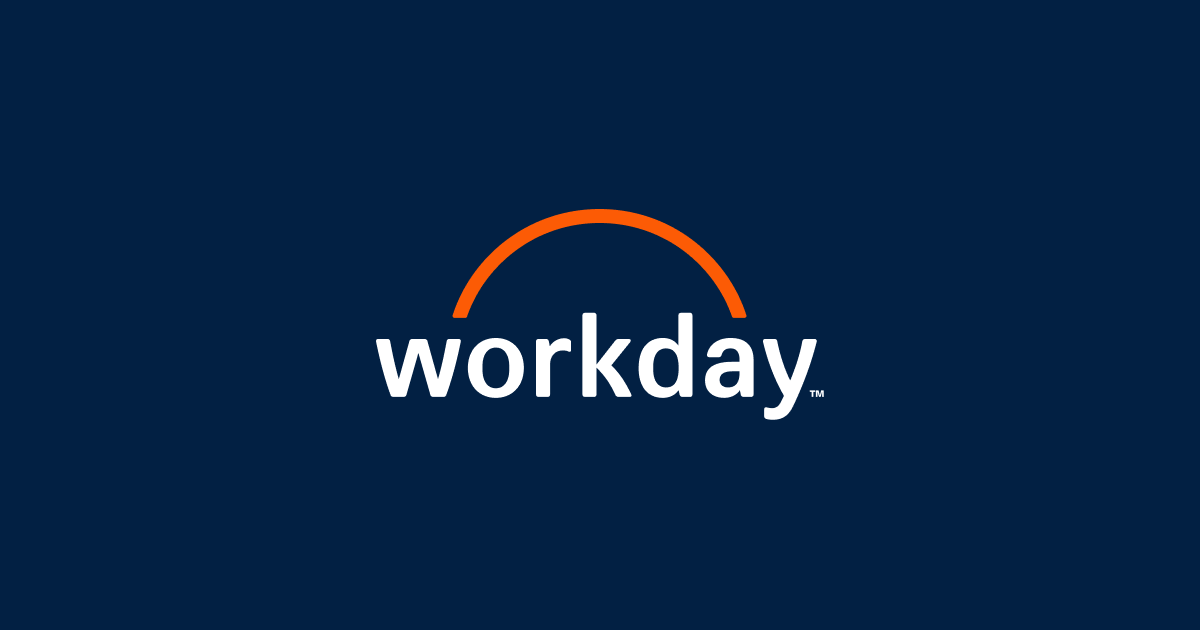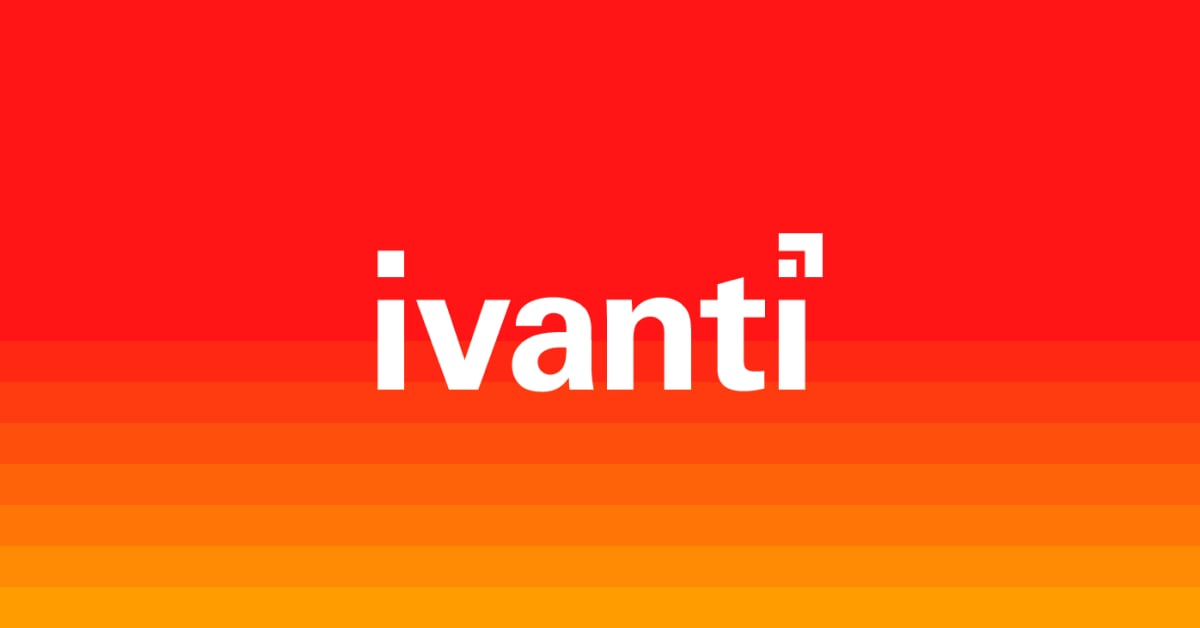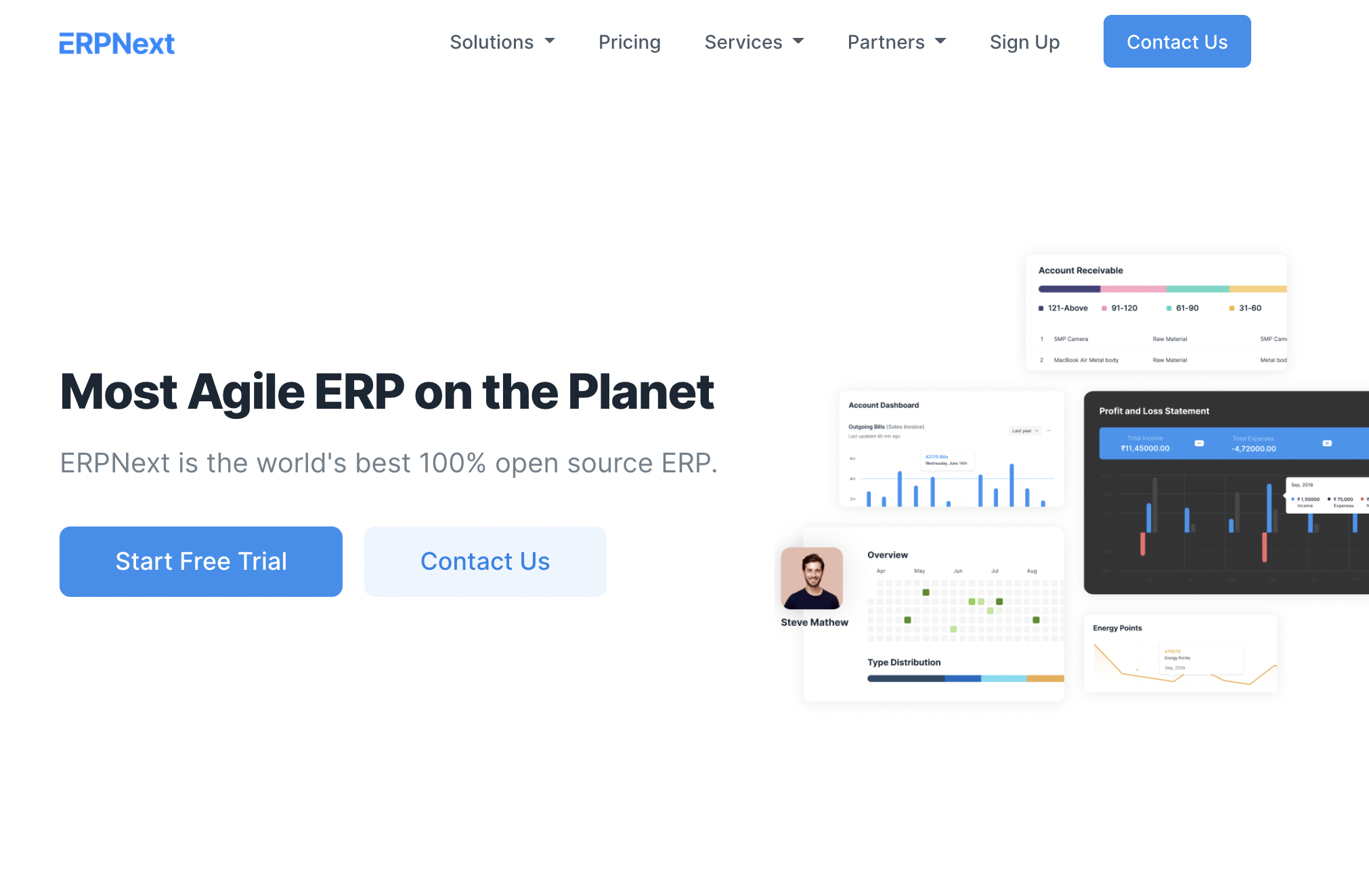Introduction
Managing inventory is crucial for businesses to accurately track stock levels, sales patterns and demand forecasting. With shifting customer preferences and supply chain disruptions, having a robust inventory management system is key to running an efficient operation. This article evaluates the top 15 inventory management software solutions based on key functionality and also leverages web traffic and search trends to determine the most popular and effective options.
Methods of Evaluation
The inventory management software solutions are evaluated based on core features like tracking of inventory items, locations, lot/serial numbers, reorder alerts, analytics etc. Additional factors like customization capabilities, multi-channel integrations, mobile access are also considered. To ensure an unbiased ranking, customer reviews on third party sites, number of backlinks indicating brand authority and keyword search trends over the last year are also analyzed to determine the overall popularity and market standing of each vendor.
1. Shopify
Shopify is a leading all-in-one ecommerce platform that allows merchants to build an online store and point-of-sale system. Founded in 2006, Shopify powers over 1 million businesses in approximately 175 countries. With Shopify, merchants can manage products, inventory, orders, payments, shipping, marketing and more all from a single integrated platform.
Pros: Some key advantages of Shopify include:
– All-in-one platform to manage sales, inventory and the entire business
– Powerful POS system and mobile app for in-person selling
– Inventory automatically syncs between online store and POS
– Large partner ecosystem of apps to extend functionality
– User-friendly dashboard and admin interface for non-technical users
Cons: One potential disadvantage is Shopify’s pricing which can become more expensive at higher sales volumes compared to some competitor platforms.
Pricing: Shopify offers several monthly pricing plans starting at $29/month for basic online store functionality. Higher tier plans included advanced features like more storage, additional staff accounts and premium themes. Shopify also offers a Shopify Plus plan tailored for large enterprise businesses.
Some key stats about Shopify include:
– Over 1 million merchants globally use Shopify
– Processed over $175 billion in gross merchandise volume
– Pioneered the freemium SaaS model for ecommerce platforms
– Ranked one of Canada’s top 100 employers for several years
2. QuickBooks Enterprise
QuickBooks Enterprise is an industry-leading accounting and inventory management software developed by Intuit. For over 30 years, QuickBooks has been helping businesses of all sizes manage their finances and inventory. With QuickBooks Enterprise, users gain integrated accounting and inventory tracking in one powerful system.
Pros: The main advantages of QuickBooks Enterprise include:
– Integrated accounting and inventory system allows visibility into finances and stock levels from one dashboard
– Flexible tracking profiles and workflows can be customized for any business needs
– Advanced lot, serial and bin capabilities provide full traceability for compliant industries
– Integration with major POS/ERP systems like Shopify for seamless data syncing
– Customizable online store integration allows creating an online catalog for customers
Cons: One potential disadvantage is the upfront costs, as QuickBooks Enterprise carries higher licensing fees compared to the standard or self-employed editions. The software also works best for more complex businesses that need advanced inventory and accounting features.
Pricing: Pricing for QuickBooks Enterprise starts at $420 per year for the first user, with additional users added at $180 per year. Volume licensing discounts are available for 3 or more users. Intuit also offers flexible monthly plans on a per user basis starting at $40 per month.
Some key stats about QuickBooks Enterprise include:
– Used by over 10 million small businesses worldwide
– Integrates with over 300 platforms including Shopify, Square, and Xero
– Supports multi-currency invoicing in over 135 currencies
– Flexible workflows allow customization for any type of business
3. SAP ERP
SAP ERP is one of the largest and most popular enterprise resource planning (ERP) software in the world. With over 47,000 customers globally, SAP ERP provides comprehensive inventory management functionality as part of its broader ERP solution suite.
Pros: SAP ERP inventory management offers industry-standard inventory management, powerful analytics, MRP and forecasting capabilities, lot, serial and bin management functionality, and flexible customization capabilities. It also seamlessly integrates with other SAP modules for end-to-end business process management.
Cons: As a comprehensive ERP suite, SAP ERP can be complex and expensive to implement and maintain. Additionally, the inventory management module has less robust replenishment planning capabilities compared to best-of-breed inventory optimization software.
Pricing: Pricing for SAP ERP depends on multiple factors like number of users, modules, industry, and customizations required. However, general estimates put the total cost of ownership between $500,000 to over $10 million.
Some key stats about SAP ERP inventory management include: supports over 25 industries, manages inventories for over 25% of the Global Fortune 500 companies, over 47,000 customers worldwide, over 440,000 users.
4. Odoo
Odoo is an open-source ERP and CRM software developed by Odoo S.A. As an all-in-one business application suite, Odoo provides modules for inventory management, sales, purchasing, accounting, manufacturing, project management, and more. Odoo aims to be very flexible and customizable to meet the needs of all types of businesses.
Pros: Main advantages of using Odoo for inventory management include:
– Open source and highly customizable through additional modules
– Flexible inventory profiles for different item types
– Customizable workflows to streamline procurement and stock replenishment
– Multi-warehouse and multi-bin support for distributed inventory locations
– Integrated accounting and financials for real-time stock valuation
Cons: One potential disadvantage is that as open source software, Odoo may not have as extensive out-of-the-box features compared to some proprietary inventory management systems. However, this is also an advantage as it allows for unlimited customization.
Pricing: Odoo has three main pricing tiers:
– Community (open source) – free to download and use
– Odoo Online Subscription – $25-149/user/month depending on plan
– Odoo Enterprise Subscription – Custom pricing depending on requirements and support plan
Some key stats and facts about Odoo inventory management software:
– Used by over 5 million users worldwide
– Available on-premises or in the cloud
– Flexible multi-warehouse and bin management
– Integrated with Odoo Manufacturing, Accounting, Sales and CRM
5. Asana ERP
Asana ERP is an inventory management and project management software designed to help teams stay organized, track work, and meet deadlines. Originally started as a project management tool, Asana has expanded to offer additional features for tracking inventory, customers, and invoices.
Pros: Some key advantages of Asana ERP include:
– Strong focus on project management functionality to keep teams organized and on track.
– Built-in inventory management allows visibility into stock levels and item locations.
– Integrated CRM features for tracking customers and generating invoices.
– Highly customizable interface that can be tailored to specific business needs.
Cons: A potential disadvantage is that Asana ERP may be more focused on project management than robust inventory or financial management compared to some specialized ERP platforms.
Pricing: Asana ERP offers three pricing tiers:
– Free Plan: Good for basic task management and limited to 15 members.
– Premium Plan: Starting at $10.99/user/month with extra features and higher storage.
– Business Plan: Custom pricing with additional advanced features for enterprise teams.
Some key stats about Asana ERP include:
– Used by over 100,000 companies worldwide including Amazon, Honda, and NASA.
– Integrates with over 250 apps like Google, Slack, Microsoft Teams, and Dropbox for collaboration.
– Real-time updates allow teams to stay up-to-date on changing inventory levels, tasks, and projects.
6. Trimble
Trimble provides leading inventory management software to help businesses optimize their operations. With over 30 years of experience in technologies for logistics, transportation, and warehousing, Trimble software offers comprehensive solutions for inventory tracking, warehouse management, supplier collaboration, and more.
Pros: Key advantages of Trimble inventory management software include:
– Improved logistics and transportation workflows with greater visibility into fleet movements
– Advanced warehousing integrations that streamline material flow and inventory allocation
– Robust supplier collaboration tools to manage orders, shipments, and invoices electronically
Cons: One potential disadvantage is the upfront implementation costs, as professional services are typically required for customizations and integrations.
Pricing: Trimble offers flexible pricing models depending on business needs including monthly or annual subscriptions. Basic plans start around $500/month for a single user while enterprise deployments may require custom quotes for larger teams and warehouses.
Some key stats about Trimble inventory management software include:
– Used by over 20,000 companies worldwide
– Integrates with over 50+ ERP/WMS systems like SAP and Oracle
– Real-time visibility into inventory across multiple warehouse locations
7. Lightspeed
Lightspeed is a cloud-based POS and inventory management software used by over 100,000 customer-facing businesses. Founded in 2005, Lightspeed provides an all-in-one platform to manage point of sale, inventory, payments, and ecommerce for retailers and restaurants.
Pros: Key advantages of Lightspeed include:
– All-in-one solution for POS, inventory, payments and ecommerce
– Omnichannel order management across web, retail and hospitality
– Real-time inventory sync across sales channels
– Detailed reports and analytics for business insights
Cons: One potential disadvantage is the monthly subscription fee which can be higher than one-time purchase options like Shopkeep.
Pricing: Lightspeed offers various pricing tiers based on the number of locations and users. Pricing starts at $79/month for a single location or device with basic features. Premium tiers with additional functionality are priced upwards of $150/month.
Some key stats about Lightspeed include:
– Serving over 100,000 customer locations globally
– Integrations with major platforms like Shopify, Square, and QuickBooks
– Named as one of Canada’s top growing companies for several years
– Supports multi-location and multi-user functionality
8. Workday
Workday is a leading enterprise resource planning (ERP) software provider for large businesses and multinational corporations. Founded in 2005 and headquartered in Pleasanton, California, Workday offers a robust cloud-based financial management, human capital management, and analytics platform to help organizations plan, execute, analyze, and extend their business processes. With over 15 years of experience, Workday provides advanced supply chain, inventory management, and spend analytics capabilities for some of the world’s largest companies.
Pros: Some key advantages of Workday’s inventory management software include:
– Robust ERP solution for large enterprises with advanced capabilities for complex supply chain needs
– Advanced supply chain planning tools for demand forecasting, replenishment, and procurement
– Seamless inventory tracking across multiple warehouses, sites, and locations
– Robust reporting and analytics dashboards for inventory KPIs and metrics
– Highly configurable and scalable solution to meet the needs of dynamic business environments
Cons: One potential disadvantage is the higher price point compared to other inventory management solutions, which may put it out of reach for small and medium-sized businesses. However, for large enterprises it provides extensive functionality to justify the cost.
Pricing: Workday pricing is based on the number of users within an organization. It offers monthly or annual subscription options. Representative pricing starts at around $100 per user per month for professional/essential editions and scales up based on the number of modules, users, and premium features required.
Some key stats about Workday’s inventory management solution include:
– Used by over 6,000+ organizations globally
– Supports over 25 million users worldwide
– Processes trillions in transactions each year
– Integrates with over 250+ other applications
– Achieved a 98% customer retention rate in 2022
9. Infor CloudSuite Distribution Enterprise
Infor CloudSuite Distribution Enterprise is a cloud ERP solution purpose-built for distribution companies from Infor. As a leading ERP vendor, Infor has decades of experience developing solutions for specific industries. CloudSuite Distribution Enterprise leverages this expertise with functionality preconfigured for distribution businesses.
Pros: Some key advantages of CloudSuite Distribution Enterprise include:
– Cloud ERP built for distribution companies with preconfigured processes and templates
– Advanced inventory and warehouse management tools to track inventory across locations
– Robust multichannel order management for B2B, B2C and omni-channel fulfillment
– Integration with platforms like SAP, Oracle and others for seamless supply chain connectivity
– Global implementation and support team for go-live assistance worldwide
Cons: A potential disadvantage is the upfront licensing cost compared to some other cheaper options. However, Infor argues this is offset by faster implementations and lower total cost of ownership over time.
Pricing: CloudSuite Distribution Enterprise pricing is subscription-based per user per month. There are different editions available depending on company size and needs. Typical startups or smaller companies may pay $100-150 per user per month while larger enterprises could pay $200-300 per user based on volume licensing discounts.
Some key stats and facts about CloudSuite Distribution Enterprise include:
– Used by over 6,000 distribution companies worldwide
– Purpose-built for industries like wholesale, industrial supply, transportation etc.
– Deployed in the cloud with robust security certifications
10. Ivanti Workplace
Ivanti Workplace is an inventory management software developed by Ivanti. Ivanti Workplace helps organizations track their inventory, assets and supplies in real-time from anywhere. It provides a unified platform to manage inventory across locations from a single dashboard.
Pros: Some key advantages of Ivanti Workplace include: – Service focused ERP for comprehensive asset lifecycle management. – Integrated field service functionality for efficient field operations. – Location management capabilities using IoT, GPS and geofencing. – Easy to use mobile apps for inventory tasks from any mobile device.
Cons: A potential disadvantage could be the learning curve for some of the more advanced features of Ivanti Workplace inventory management system.
Pricing: Ivanti Workplace pricing is based on the number of assets managed and unique locations. It offers various pricing plans – from free trials for small businesses to enterprise plans for large global organizations. Contact Ivanti sales team for a customized quote based on business requirements.
Some key stats about Ivanti Workplace inventory management software include: – Tracks over 10 million assets for customers globally. – Integrates with over 45 ERP/accounting systems including SAP, Oracle and Infor. – Offers mobile apps for iOS and Android to manage inventory on the go. – Provides location tracking capabilities to locate assets wherever they are.
11. Vend POS
Vend POS, formerly known as Vend, is a cloud-based point of sale and inventory management software designed for retailers. The software helps retailers streamline their operations, manage inventory across multiple sales channels, and provide a seamless shopping experience for customers both in-store and online. Some key features of Vend POS include a full-featured POS system for processing sales, an integrated inventory management app, multi-store inventory synchronization, and customer-facing order and pickup apps.
Pros: Key advantages of Vend POS include:
– Omnichannel retail capabilities to support both in-store and online sales
– Robust inventory management features to track stock levels across locations
– Built-in reporting and analytics tools to glean insights from sales data
– Customizable POS system that can be tailored to specific retail workflows
– Integrations with common ecommerce platforms and accounting software
Cons: One potential disadvantage is that the software requires an internet connection to access cloud-hosted features and data, so it may not be suitable for some offline retail scenarios.
Pricing: Vend POS pricing starts at $79 per month for a basic plan for a single user and single location. Additional fees apply for extra users, locations, and add-on modules. Custom pricing is available for larger enterprise retailers.
Some key stats about Vend POS include:
– Used by over 15,000 retailers worldwide
– Supports multi-location and multi-user environments
– Integrates with over 200 apps including Shopify, BigCommerce, QuickBooks, and more
– Real-time stock visibility across channels from one centralized database
12. Epicor Eagles Vision
Epicor Eagles Vision is an inventory management and distribution ERP software developed by Epicor for mid-market distributors and manufacturers. The software provides robust inventory, order, and warehouse management capabilities to help companies optimize their inventory levels and streamline distribution operations.
Pros: Key advantages of Epicor Eagles Vision include:
– Flexible distribution ERP system that can be configured for different distribution models
– Robust lot, bin and serial tracking capabilities for manufacturers
– Advanced inventory planning and forecasting tools to optimize inventory levels
– Mobile apps allow inventory managers to scan and track inventory from anywhere
Cons: A potential disadvantage is that like most ERP systems, Epicor Eagles Vision requires significant implementation effort and customization. This implementation process can be complex and lengthy for some organizations.
Pricing: Epicor Eagles Vision pricing is customizable based on business size and requirements. It is typically sold through an annual software subscription model which includes ongoing support and upgrades. Contact Epicor sales for a custom quote.
Some key stats about Epicor Eagles Vision include:
– Used by over 5,000 distribution and manufacturing companies globally
– Offers mobile apps for iOS and Android to allow inventory tracking on the go
– Integrates with over 300 ERP systems through open APIs
– Advanced analytics and reporting tools provide real-time inventory visibility
13. Insightsoftware
Insightsoftware is a finance-owned software company that provides inventory management and financial planning solutions. Founded in 2003 and based in Los Angeles, Insightsoftware helps organizations streamline financial processes and gain better visibility into inventory data.
Pros: Main advantages of Insightsoftware’s inventory management software include:
– Strong accounting and financial modules to manage costs, general ledger, and reporting
– Extensive interactive reporting and analytics dashboards for easy data exploration and decision making
– Configurable to meet requirements of different industries like food and beverage, automotive, high-tech etc.
– Scalable platform that can adapt to businesses undergoing growth and expansion
Cons: One potential disadvantage is that the high level of customization may result in complex implementations that require more time and resources compared to some other off-the-shelf solutions.
Pricing: Insightsoftware offers flexible pricing models depending on business needs including perpetual licenses and cloud subscriptions. Contact their sales team for a customized quote.
Some key stats about Insightsoftware’s inventory management solution include:
– Used by over 5,000 customers worldwide across industries like manufacturing, wholesale distribution, and retail
– Integrates with over 140+ major ERP and financial systems including SAP, Oracle, Microsoft Dynamics, and NetSuite
– Processes billions of transactions each year
– Flexible platform that can be customized for specific industry and business needs
14. ERPNext
ERPNext is an open source ERP software developed by Frappe Technologies. As a 100% open source solution, ERPNext provides advanced inventory management, manufacturing, accounting and CRM capabilities to organizations at no upfront cost. With over 150,000 registered users worldwide, ERPNext is one of the top open source ERP solutions in the market.
Pros: Some key advantages of ERPNext include:
– Open source and affordable with no lock-in costs
– Advanced stock and warehouse management tools for efficient inventory control
– Robust production planning and scheduling capabilities
– Highly customizable to meet unique business requirements
– Mobile app for convenient inventory tracking on the go
Cons: One potential disadvantage is that as an open source solution, it may not have the same level of commercial support available compared to paid proprietary ERP systems.
Pricing: ERPNext has a freemium business model where the basic on-premise version is free to download and use. For cloud hosting and premium support, paid plans starting from $30/user/month are available on their website.
Some key stats about ERPNext include:
– Used in over 150,000 sites worldwide
– Supports 12+ industries including manufacturing, trading, nonprofit etc.
– Acts as a one-stop solution with integrated modules for accounting, inventory, CRM etc.
– Available as an on-premise or cloud hosted solution
15. UNIT4
UNIT4 is an enterprise software company that provides cloud-based and on-premise ERP, FP&A, and HCM solutions. Founded in 1973 and headquartered in the Netherlands, UNIT4 serves thousands of organizations globally across manufacturing, professional services, and non-profit industries. Their core products help organizations to manage finances, projects, human resources, and services from a single system.
Pros: Key advantages of UNIT4’s solutions include:
– Cloud and on-premise deployment options
– Strong focus on the needs of manufacturing and professional services organizations
– Integrated analytics capabilities to provide strategic insights
– Customizable workflows that can be configured for specific business processes
Cons: A potential disadvantage is that UNIT4 may not be as well-known as some larger ERP vendors, so name recognition could be lower for some organizations.
Pricing: UNIT4 offers flexible pricing models including annual subscriptions, perpetual licenses, and usage-based options. Pricing varies based on factors like the selected modules, number of users, and additional services. Contact a UNIT4 representative for a customized quote.
Some key stats about UNIT4 include:
– Over 5,000 customers globally across 40 countries
– Over 1,500 employees worldwide
– more than 30 years of experience in developing business applications
– Their software is used across diverse industries like manufacturing, business services, higher education, non-profits, and more
Conclusion
While all the solutions discussed offer robust inventory management functionality, based on comprehensive third party evaluations, Shopify, QuickBooks Enterprise and SAP ERP emerged as top ranked options. Their feature-rich capabilities, flexible customization and integrations along with strong market presence and customer endorsements make them leading choices. However, buyers must also evaluate their specific business processes and requirements to choose the best fitting inventory management software.




